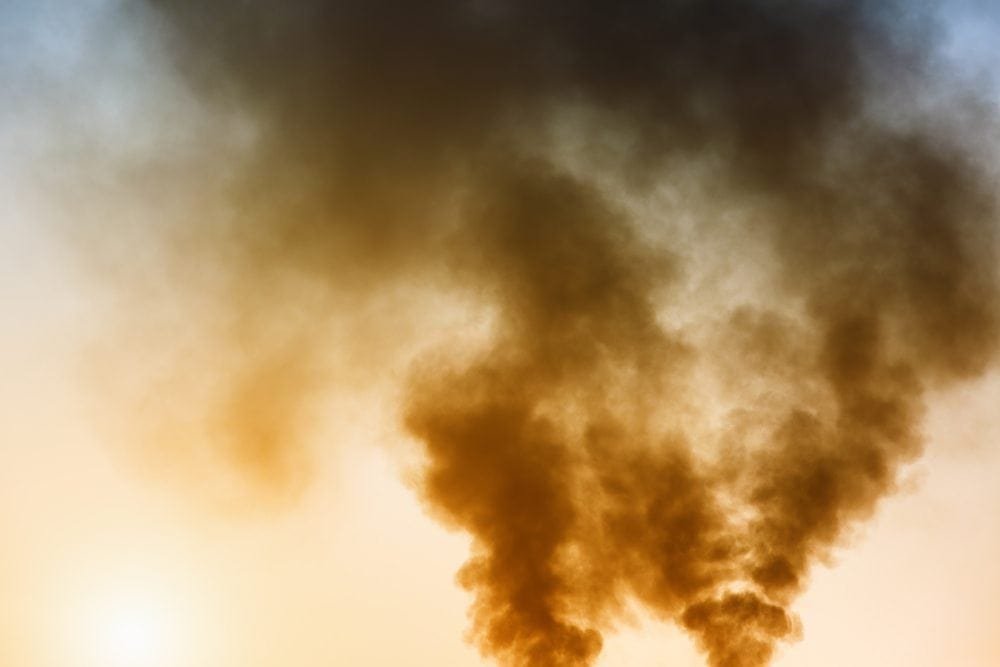Groundbreaking verdict
The State has a legal obligation to protect its citizens, and has therefore been required by the court to take the necessary precautions. The court is ordering the Dutch government to do what the government itself has already deemed necessary in order to avert dangerous climate change.
The Netherlands must reduce CO2 emission by a minimum of 25% (compared with 1990 levels) by 2020, while current ambitions are hovering at 16%.
Denmark and Germany are already on course to cut 40% of their CO2 emissions by 2020, showing that climate change measures are both feasible and affordable. In its defence, the State itself said that it still sees plenty of room to reduce emissions.
Global attention
The case and verdict both attracted a lot of attention, from UNFCCC negotiators and international citizens as well as those in The Netherlands. Belgium is just one of the country’s with a pending suit against its State; others, such as Norway, are currently preparing their cases. In the Philippines, citizens are taking legal action on fossil fuel companies.
‘Millions of people who are already suffering the consequences of climate change are hoping that we, the people that have caused the emissions and have the means to reduce them, will intervene while there is still time.
‘Those people can now, with our verdict in their hands, start their own climate cases.’
These lawsuits are supported by the Oslo Principles, which holds that states have the legal obligation to avert dangerous climate change.’
Marjan Minnesma
Roger Cox: Revolution Justified
The idea for a Dutch climate case came from the book Revolution Justified, by Dutch lawyer Roger Cox – one of the lawyers representing Urgenda.
Dutch emissions
The Netherlands can’t solve the climate crisis by itself, but it certainly can do its fair share. Historically, The Netherlands is among the largest per capita emitters of the world.
The science is crystal clear: we need to prevent the Earth’s temperature from rising more than two degrees. Currently, the earth is headed for a temperature rise of 4, or even 6, degrees Celsius, which would create an uninhabitable planet.
The climate case has been translated into English, and this verdict will also be made available for other citizens that want to use the law to force their states to do their part.
The full verdict can be found here. Click here to find out more about Urgenda. More about Klimaatzaak, the Belgian climate case, can be found here.
 Play Video about This Rock Might Just Save The World
Play Video about This Rock Might Just Save The World Play Video about Play 2 hours of rock
Play Video about Play 2 hours of rock Play Video about Play 2 hours of brook
Play Video about Play 2 hours of brook Play Video about Play 2 hours of sheep
Play Video about Play 2 hours of sheep











































